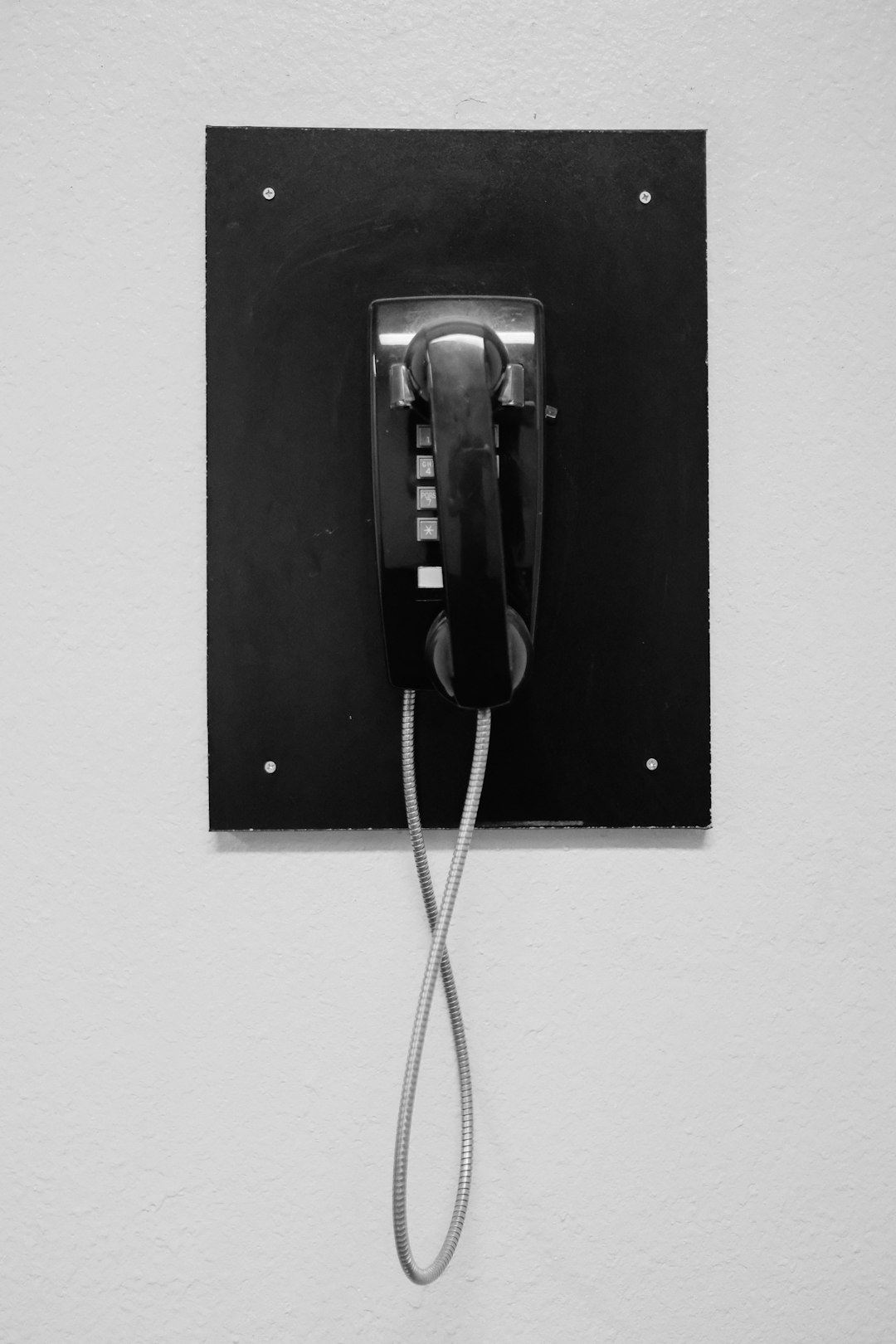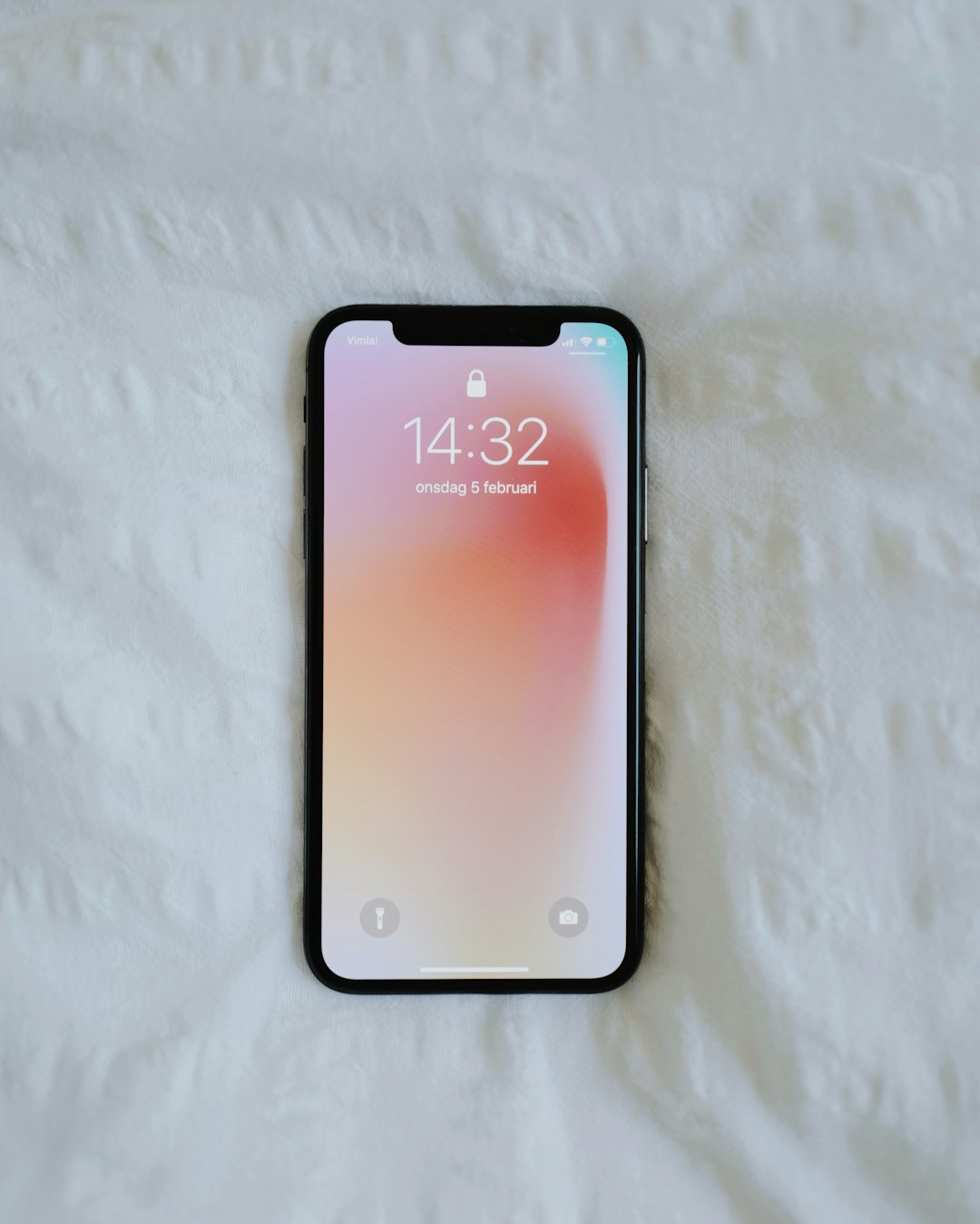Federal preemption of state No Call laws, notably in Georgia, significantly impacts residents and businesses. The Telemarketing and Consumer Fraud and Abuse Prevention Act (TCFAPA) overrides local regulations regarding telemarketing practices, including no-call lists. This creates a complex legal landscape for lawyers specializing in Georgia's No Call Laws to navigate, ensuring compliance while protecting client rights. In Alpharetta, businesses can now engage with customers without prior consent due to federal preemption, but must adhere to stringent federal rules to avoid penalties. Residents have more control over unwanted phone calls and can seek legal assistance from a lawyer for No Call Laws Georgia to manage their privacy rights.
“In the realm of consumer protection, the interplay between federal laws and state regulations often creates a complex landscape. Specifically, the preemption of state ‘no call’ or do-not-call laws by federal legislation has significant implications for cities like Alpharetta, Georgia. This article delves into the intricacies of federal preemption, its impact on local no-call law enforcement, and what businesses and residents can anticipate post-preemption. Understanding these dynamics is crucial, especially when seeking guidance from a lawyer specializing in Georgia’s no-call laws.”
Understanding Federal Preemption: How It Impacts State No Call Laws

Federal preemption occurs when federal law overrides state laws, rendering them invalid or inapplicable. In the context of No Call Laws, like those in Georgia, this means that if a federal law conflicts with a state’s no-call regulations, the federal legislation takes precedence. This can be significant for Alpharetta residents and businesses as it impacts their ability to restrict unwanted phone calls.
For instance, the Telemarketing and Consumer Fraud and Abuse Prevention Act (TCFAPA), a federal statute, includes provisions that preempt state laws regarding telemarketing practices, including no-call lists. As such, a lawyer specializing in No Call Laws Georgia would need to consider both state and federal regulations when advising clients on managing unsolicited phone calls. Understanding these preemption rules is crucial for ensuring compliance and protecting one’s rights under the law.
The Role of a Lawyer in Navigating Georgia's No Call Law Landscape

In Georgia, navigating the complex landscape of “No Call” laws can be challenging, especially with potential federal preemption considerations. A lawyer specializing in No Call Laws Georgia plays a pivotal role in guiding individuals and businesses through this intricate legal territory. These attorneys have an in-depth understanding of both state and federal regulations, ensuring their clients remain compliant while protecting their rights.
They assist clients in interpreting and adhering to the rules surrounding telemarketing and sales calls, helping them avoid unintended violations. With expertise in preemption doctrines, they can assess if federal laws override state “No Call” regulations, providing strategic advice to minimize legal risks. Moreover, these lawyers offer valuable insights into best practices for obtaining consumer consent and maintaining accurate records, which are essential under Georgia’s No Call Law.
Alpharetta's Position: Assessing the Effects of Federal Preemption

Alpharetta, like many cities in Georgia, has implemented No Call laws to protect residents from unwanted telemarketing calls. However, with the recent federal preemption of state-level No Call regulations by the Telephone Consumer Protection Act (TCPA), the effects on Alpharetta and its citizens are significant. This change means that businesses can now make automated or prerecorded phone calls to consumers without prior consent, significantly rolling back the protections once afforded by state laws.
For Alpharetta residents looking for a lawyer regarding No Call Laws in Georgia, understanding these shifts is crucial. While federal preemption may open the floodgates for more telemarketing calls, it also creates new legal complexities and opportunities. Residents now face an increased risk of unwanted calls but also potential avenues for recourse if their rights are violated. The impact on local businesses must also be considered, as they navigate this new regulatory landscape to ensure compliance with federal requirements while respecting consumer preferences.
What Businesses and Residents Can Expect: Post-Preemption Realities

After federal preemption of state no-call laws, both businesses and residents in Alpharetta can expect significant changes in their communication dynamics. For businesses specializing in telemarketing or cold calling, this shift means an opening to engage with potential customers more freely within certain legal boundaries. However, they must now navigate the complexities of federal regulations, ensuring compliance to avoid penalties. This includes understanding do-not-call lists maintained by the Federal Trade Commission (FTC) and adhering to guidelines regarding consent and opt-out requests.
Residents in Alpharetta can look forward to more control over their phone calls, as federal preemption reduces the number of state-level no-call laws in effect. This means fewer restrictive measures on telemarketers, but it also empowers residents to manage their privacy. With a lawyer for No Call Laws Georgia by their side, they can better understand their rights and take proactive steps to limit unwanted calls, ensuring a more peaceful and productive communication environment.






